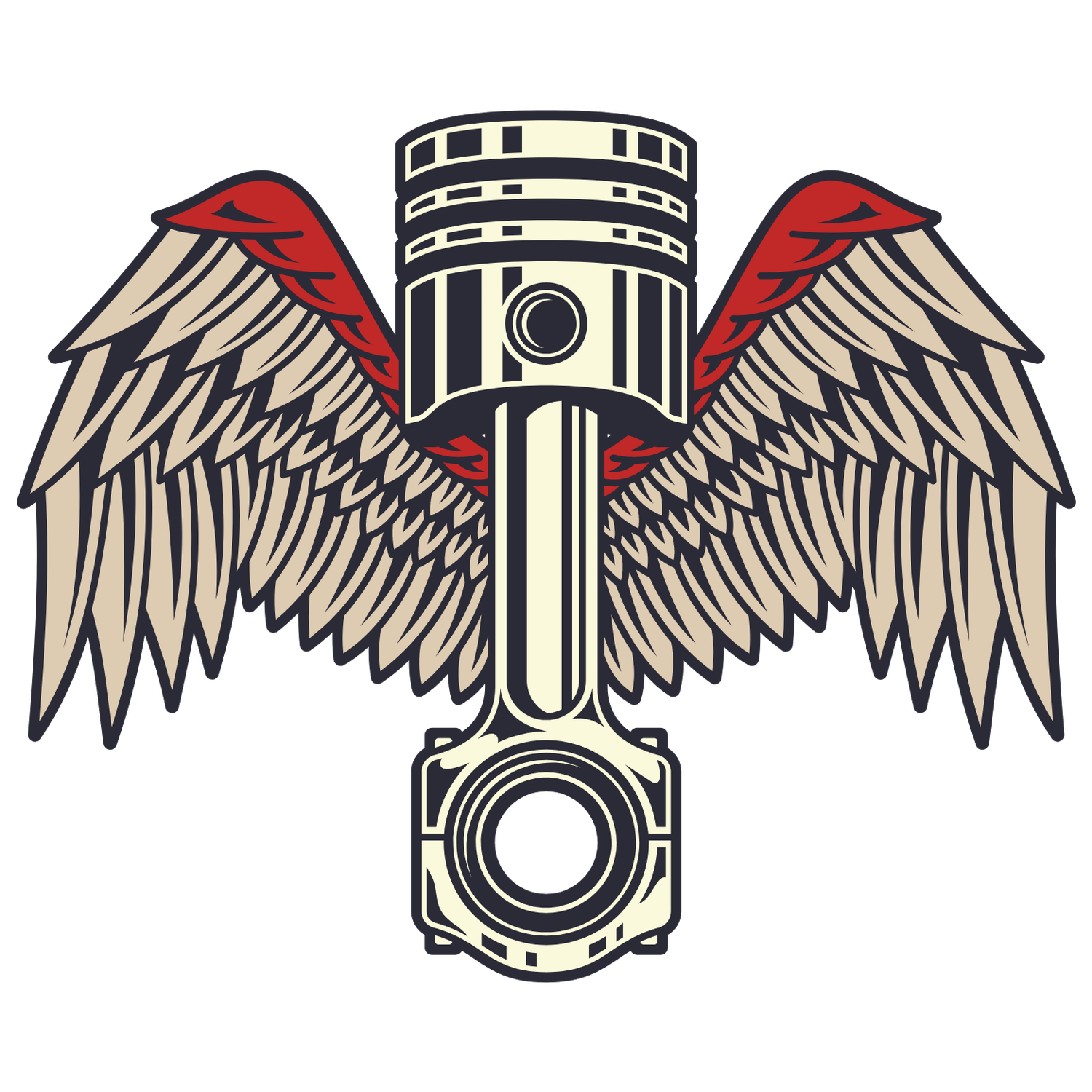7 Signs Your Main Bearings Need Immediate Attention
Main bearings play a crucial role in ensuring the smooth operation of your engine. When they start to fail, they can lead to significant damage and costly repairs. In this guide, we'll explore the key warning signs that indicate your main bearings need immediate attention. By understanding these signs, you can address potential issues before they escalate, keeping your engine running smoothly and efficiently.
1. Unusual Engine Noises
One of the first signs of main bearing issues is the presence of strange noises coming from the engine. If you hear knocking or rumbling sounds, it may be a clear indication that the bearings are worn out or damaged. These sounds can be disconcerting, making you wonder if your engine is on the brink of failure. Ignoring them could lead to more significant problems down the road.
But what causes these unusual noises? As the main bearings degrade, they can result in increased play between the bearing and the crankshaft. This excess movement generates noise, and if you don’t address it quickly, you could be in for a world of trouble. So, next time you start your engine, listen closely. Your ears might just be your best tool for catching potential issues early!
2. Rising Engine Temperature
An increase in engine temperature can be another alarming sign. Overheating may signal inadequate lubrication caused by failing main bearings, which can lead to severe engine damage if not addressed quickly. It’s essential to keep an eye on your vehicle’s temperature gauge, especially during long drives.
When your engine runs hotter than normal, the oil gets thinner, reducing its effectiveness. This can exacerbate existing problems with the main bearings. In this case, rising temperatures aren't merely a nuisance; they indicate a serious issue that demands your attention. If you happen to notice this trend, consider it a wake-up call to take action before it's too late.
3. Excessive Vibrations
If you start feeling abnormal vibrations while driving, it could mean your main bearings are not functioning properly. These vibrations can result from imbalances caused by worn bearings and should not be ignored. You might notice these vibrations specifically when accelerating or driving at a consistent speed.
Even minor fluctuations in vibrations can magnify over time, leading to more significant damage and higher repair costs. It’s like a ripple effect; the longer you wait to address the issue, the worse it can become. So, don't dismiss those vibrations as mere annoyances—they could be your engine’s way of begging for help.
4. Oil Pressure Fluctuations
Sudden drops in oil pressure can be a red flag for main bearing issues. If your oil pressure gauge is showing erratic readings, it’s important to investigate further, as this could lead to complete engine failure. Oil pressure is essential for lubricating the bearings, and any drop can cause them to wear out more quickly.
Additionally, fluctuating oil pressure can create a stressful environment within the engine. This may compromise not just the bearings but other vital components, as well. So, keep a vigilant eye on your gauge; if it starts to dance around or dip unexpectedly, it’s time to take action!
5. Metal Shavings in Oil
Finding metal shavings or particles when checking your oil is a concerning signal. This debris often indicates that your main bearings are wearing down and need immediate replacement. Metal shavings can circulate throughout the engine, leading to further damage if the problem is not fixed right away.
A good practice is to perform regular oil changes and inspect your oil for unusual particles. If you spot anything suspicious, don’t hesitate to have it checked by a professional. Addressing this issue can save you from potentially catastrophic engine failures and preserve the life of your engine.
6. Poor Engine Performance
A noticeable decline in engine performance can be linked to failing main bearings. If your vehicle struggles to accelerate or runs poorly, it’s time to check the bearings for wear. The connection between performance and bearing health is often overlooked, but they are intrinsically linked.
Often, you may find that a once-smooth ride has become jerky or sluggish. This deterioration is your car's cry for help! Ignoring these signs can lead to even poorer performance and higher repair costs in the future. Always remember, your vehicle has a lot to say—if it’s not performing to its full potential, listen closely.
7. Oil Leaks Around the Engine Block
Oil leaks can indicate a problem with your main bearings. If you notice oil pooling around the engine block, it’s crucial to get your vehicle inspected to prevent further issues. Leaks not only signal bearing problems but can also lead to complete engine failure if left untreated.
Observing oil spots on your driveway is not just an inconvenience; it can serve as an early warning system. Regularly inspect your engine for leaks and check the oil levels—these small steps could save thousands in repair bills. Do yourself a favor: don’t let a little oil lead to a big mess!

